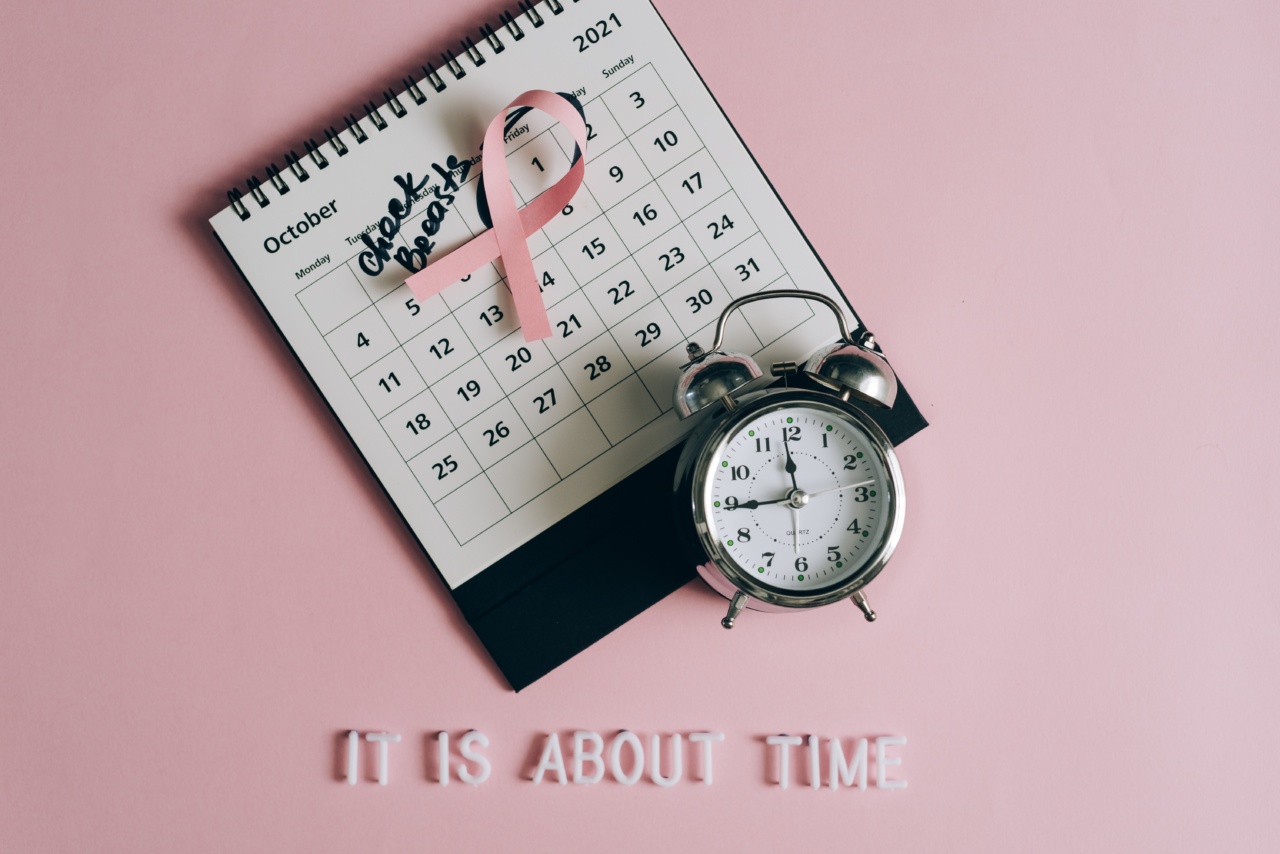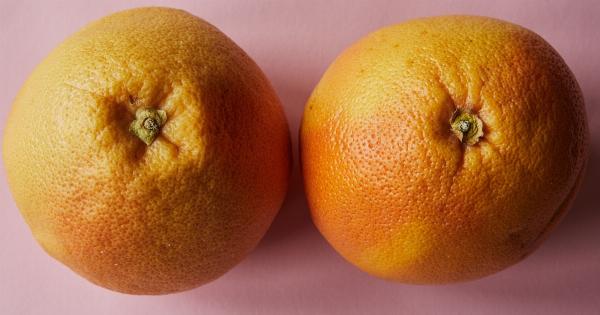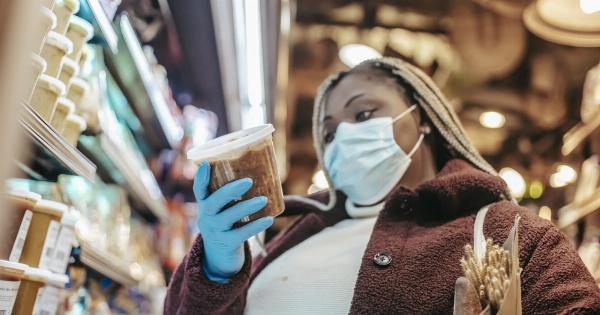Breast cancer is one of the most prevalent types of cancer affecting women worldwide.
While numerous factors can contribute to the development of breast cancer, including genetics and lifestyle choices, recent studies have highlighted the significant impact of diet on breast cancer risk. What we eat plays a crucial role in our overall health, and understanding how specific dietary choices can influence the likelihood of developing breast cancer is of utmost importance.
This article aims to explore the relationship between diet and breast cancer risk, providing insights into how certain foods and nutrients can either increase or decrease the likelihood of developing this devastating disease.
1. The Role of Weight and Obesity
Obesity is a known risk factor for breast cancer, especially after menopause. Adipose tissue, commonly referred to as fat, produces estrogen, a hormone that can fuel the growth of certain types of breast cancer.
Therefore, individuals who are overweight or obese tend to have higher levels of estrogen, increasing their breast cancer risk. Adopting a healthy diet that promotes weight management and reduces the risk of obesity can significantly reduce the likelihood of developing breast cancer.
2. The Impact of Fruits and Vegetables
Consuming a diet rich in fruits and vegetables has long been associated with numerous health benefits, and a reduced risk of breast cancer is one of them.
Fruits and vegetables are packed with essential vitamins, minerals, antioxidants, and dietary fibers that contribute to overall well-being. Studies have shown that the phytochemicals present in colorful fruits and vegetables possess anti-cancer properties and help protect against breast cancer development.
Aim to include a variety of fruits and vegetables in your diet to maximize the potential benefits.
3. The Importance of Fiber
Dietary fiber plays a crucial role in maintaining overall health and reducing the risk of various diseases, including breast cancer.
High-fiber foods help regulate cholesterol levels, control blood sugar, promote healthy digestion, and maintain a healthy weight. Additionally, fiber aids in the excretion of estrogen from the body, preventing its accumulation and reducing the risk of hormone-related breast cancers.
Opt for whole grains, legumes, fruits, and vegetables to boost your fiber intake and protect against breast cancer.
4. The Influence of Fat Intake
The type and amount of fat we consume can impact our breast cancer risk. High intake of saturated and trans fats has been linked to an increased risk of breast cancer, particularly in postmenopausal women.
On the other hand, incorporating moderate amounts of healthy fats, such as those found in nuts, seeds, avocados, and fatty fish, can provide protective effects against breast cancer development. It is essential to be mindful of the fat content in your diet and make healthy choices to reduce the risk.
5. The Benefits of Omega-3 Fatty Acids
Omega-3 fatty acids, commonly found in fatty fish like salmon and mackerel, have gained considerable attention for their positive impact on health.
These essential fats possess powerful anti-inflammatory properties and have been linked to a reduced risk of breast cancer. Including omega-3-rich foods in your diet or considering supplementation can offer protective effects and contribute to overall well-being.
6. The Significance of Calcium and Vitamin D
Calcium and vitamin D are essential for strong bones, but their benefits extend beyond skeletal health. Research suggests that adequate intake of calcium and vitamin D may lower the risk of breast cancer.
Both nutrients work synergistically, with vitamin D aiding calcium absorption and regulation. Dairy products, fortified plant-based milks, leafy greens, and sunlight exposure are excellent sources of these vital nutrients. Ensure you meet the recommended daily intake to promote optimal health.
7. The Potential of Cruciferous Vegetables
Cruciferous vegetables, such as broccoli, cauliflower, kale, and Brussels sprouts, contain compounds known as glucosinolates. These compounds are metabolized into bioactive agents that exhibit anti-cancer properties and may help prevent breast cancer.
Including cruciferous vegetables in your diet provides ample amounts of essential nutrients and potential protective effects against breast cancer.
8. The Role of Alcohol
Excessive alcohol consumption has numerous detrimental effects on health, and its role in breast cancer development is well-established. Even moderate alcohol intake has been linked to an increased risk of breast cancer.
Alcohol can increase estrogen levels in the body while also impairing the body’s ability to metabolize and excrete estrogen. Limiting alcohol consumption or avoiding it altogether can significantly reduce breast cancer risk.
9. The Potential of Green Tea
Green tea, a widely consumed beverage worldwide, contains polyphenols that possess antioxidant and anti-cancer properties. Research suggests that regular consumption of green tea may help reduce breast cancer risk.
The specific compounds found in green tea, such as epigallocatechin gallate, have shown inhibitory effects on the growth of breast cancer cells. Including green tea as part of a balanced diet can potentially offer protective effects against breast cancer.
10. The Impact of Processed and Red Meat
The consumption of processed and red meats has been associated with an increased risk of several types of cancer, including breast cancer.
Processed meats, such as bacon, sausages, and hot dogs, contain harmful additives and carcinogens that can promote cancer development. Red meats, including beef, lamb, and pork, when consumed excessively, can also contribute to increased breast cancer risk.
Opting for lean protein sources, such as poultry, fish, and plant-based proteins, provides healthier alternatives and reduces the risk of breast cancer.
Conclusion
Your diet plays a significant role in your overall health, and breast cancer risk is no exception. By adopting a balanced and nutritious diet, you can potentially reduce your risk of developing breast cancer.
Incorporate plenty of fruits, vegetables, whole grains, and lean proteins while reducing your intake of unhealthy fats, processed meats, and alcohol. Additionally, maintaining a healthy weight and ensuring adequate intake of calcium and vitamin D are essential preventive measures. While diet alone cannot guarantee the prevention of breast cancer, it is an important step towards minimizing the risk.
















